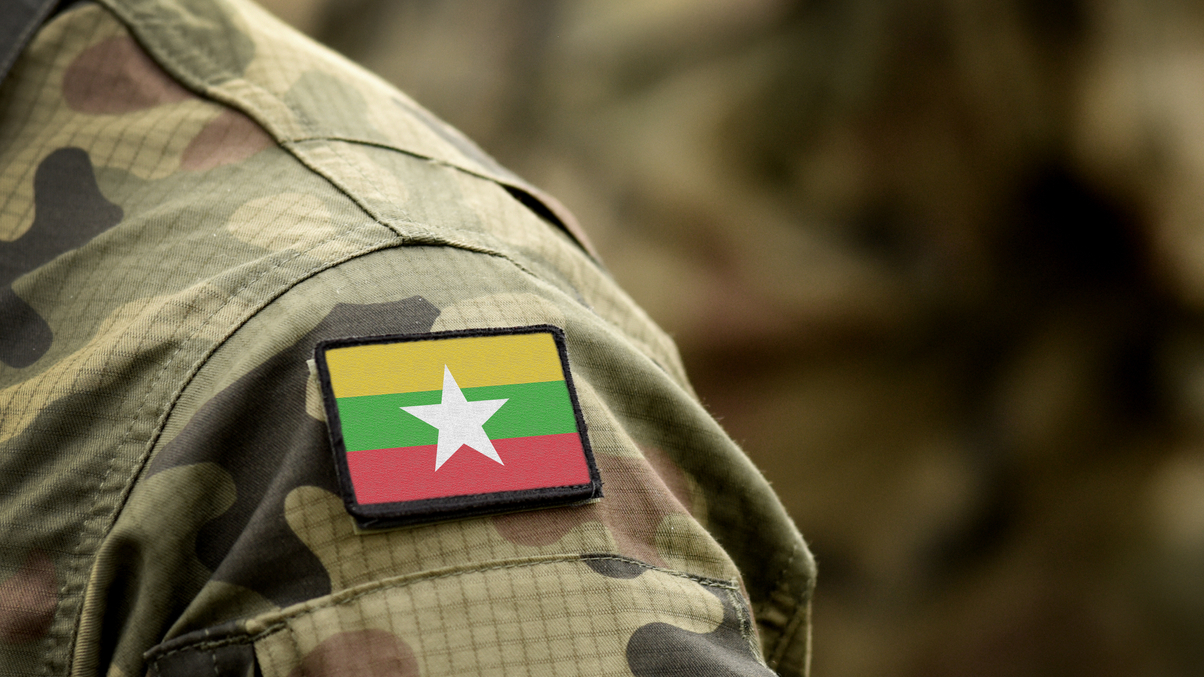Norway SWF drops India, China firms on Myanmar arms deals
Norges Bank Investment Management continues to purge companies believed to be doing business with Myanmar's military government from its portfolio.

Sign in to read on!
Registered users get 2 free articles in 30 days.
Subscribers have full unlimited access to AsianInvestor
Not signed up? New users get 2 free articles per month, plus a 7-day unlimited free trial.
¬ Haymarket Media Limited. All rights reserved.


